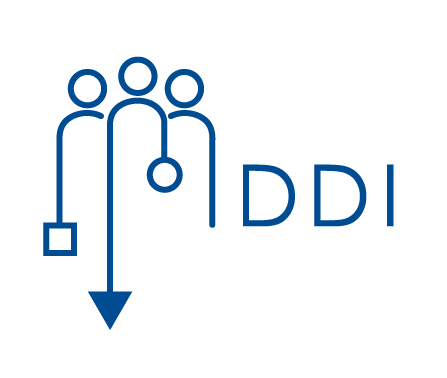Publikationen
Art der Publikation: Beitrag in Sammelwerk
What do Secondary School Students Associate with the Digital World?
- Autor(en):
- Brinda, T.; Napierala, S.; Behler, G.
- Herausgeber:
- Mühling, A.; Cutts, Q.
- Titel des Sammelbands:
- Proceedings of the 13th Workshop in Primary and Secondary Computing Education (WIPSCE 2018), Potsdam, Germany, 4.-6. Oktober 2018
- Verlag:
- ACM Press
- Ort(e):
- New York
- Veröffentlichung:
- 2018
- ISBN:
- 978-1-4503-6588-8
- Sprache:
- Englisch
- Schlagworte:
- Digital world, computer science, associative spectrum, associative test, students’ interests, secondary education
- Digital Object Identifier (DOI):
- doi:10.1145/3265757.3265763
- Link zum Volltext:
- https://www.ddi.wiwi.uni-due.de/forschung/publikationen/acm/#brinda-napierala-behler-2-2018
- Vortrag zu dieser Publikation:
- Proceedings of the 13th Workshop in Primary and Secondary Computing Education (WIPSCE 2018)
- Zitation:
- Download BibTeX
Kurzfassung
Digitalization has progressed rapidly in recent years and will probably continue to do so in the future, which impacts all our everyday lives. Work life is changing and so is education. In 2006, the European Union dened digital competence as one of eight key competences for lifelong learning. As a result, a process of defining "education in the digital world” began, which is not yet completed. But what is the digital world anyway from the students’ points of view? In this paper, we present answers to this question given by 198 students, who were in grades 5, 8, 9, 10, 11 or 12 of German secondary schools. As part of an association test, we asked them for the terms they think of, when they hear the term "digital world" on the one hand, and the terms "digital world" and "computer science" on the other. Students often associated terms such as computer, cellphone and internet, but also programming, communication, and social networks, but could only partially relate their terms to computer science. Our results show that the age, gender, extend of computer science education received and the free time students spent on computer science topics inuenced the associations they gave. Furthermore, the results indicate, in which areas it might be worthwhile in follow-up studies to investigate learners’ interests.

